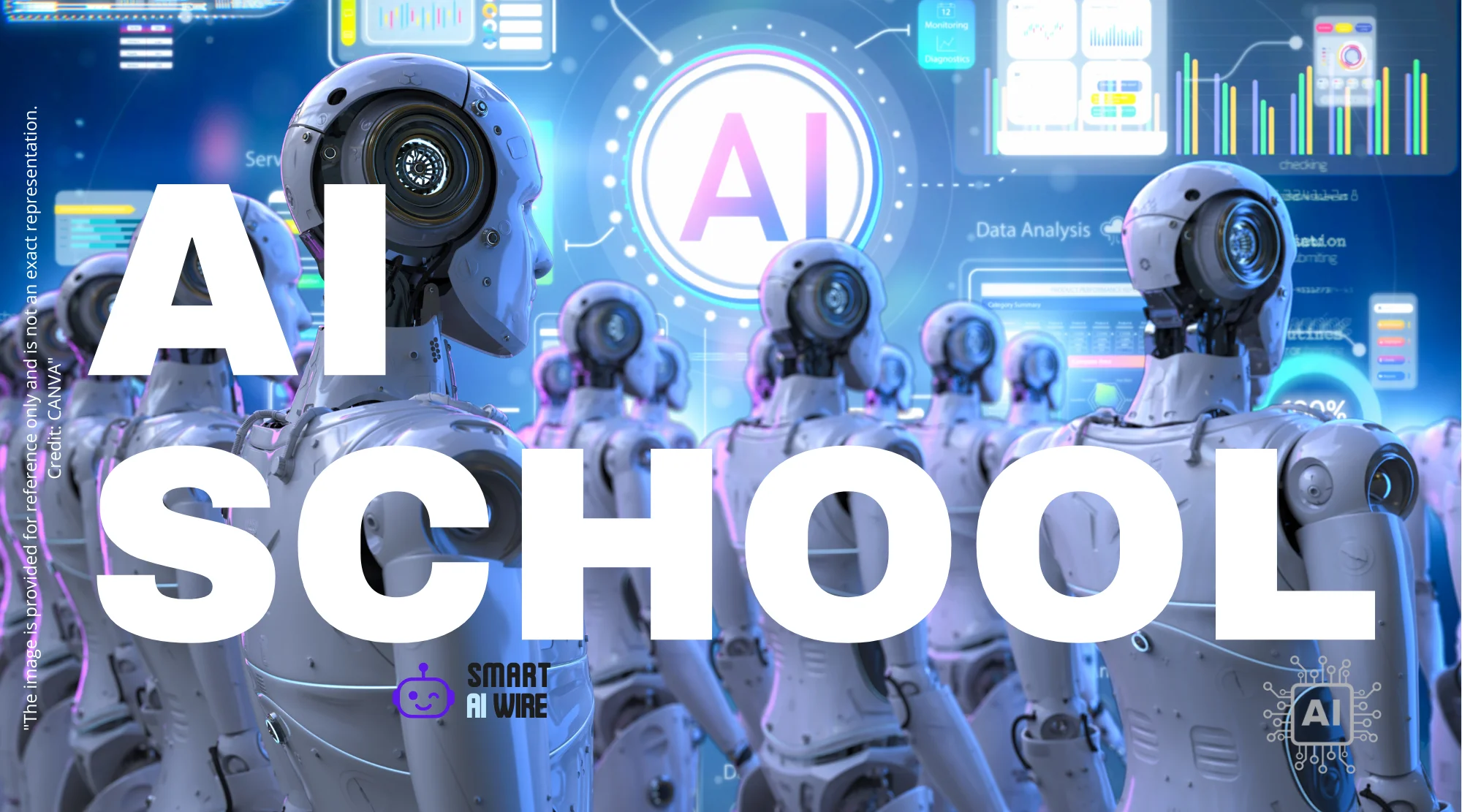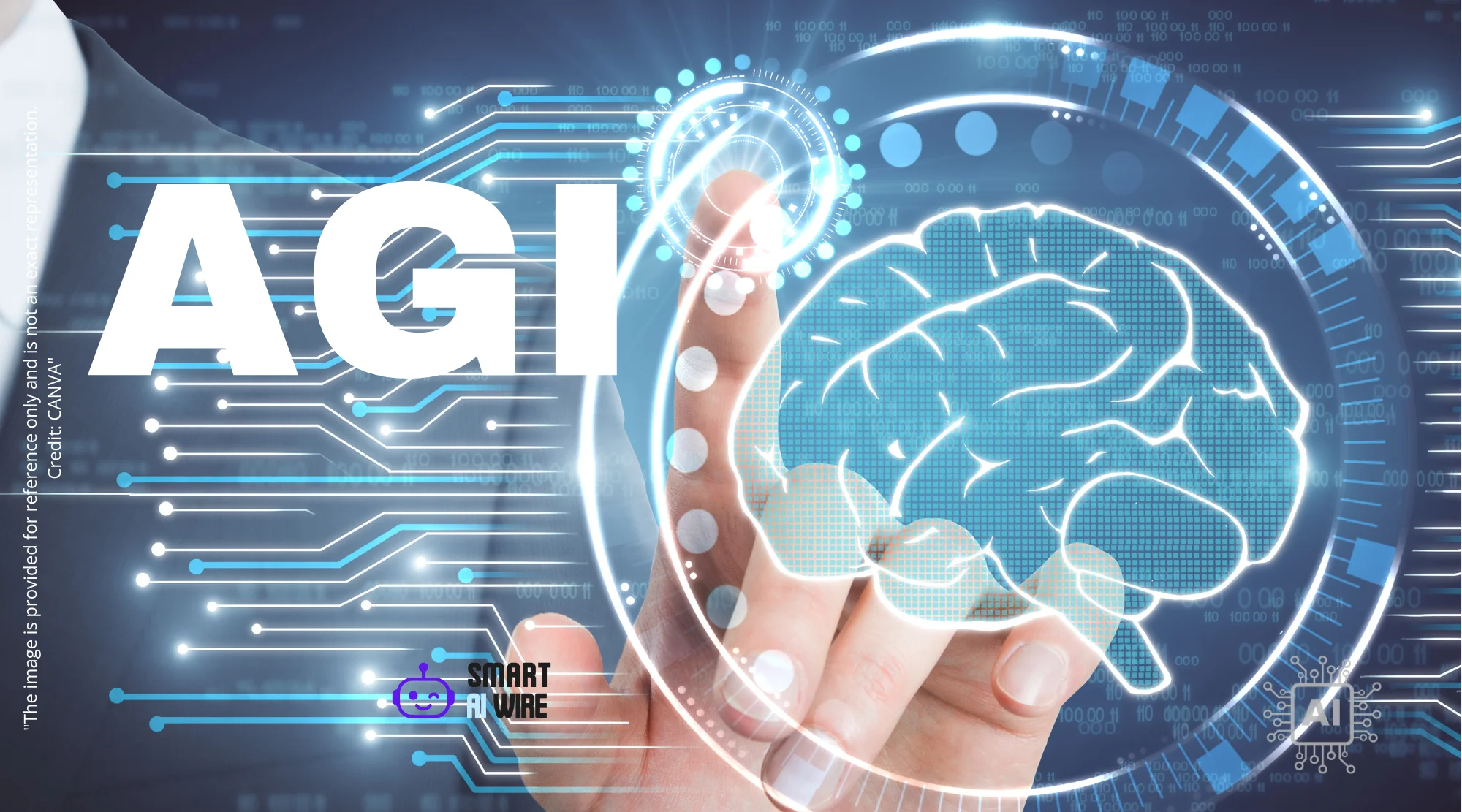Lufthansa, one of the world’s leading airline groups, is embarking on a significant transformation, planning to reduce its workforce by 4,000 positions by 2030. This strategic move isn’t about downsizing for the sake of cost-cutting alone. Instead, it’s a calculated effort to leverage the power of artificial intelligence (AI) to boost efficiency, streamline operations, and ultimately, enhance profitability. The airline envisions a future where AI-driven solutions optimize processes across various departments, leading to a leaner, more agile, and competitive organization. But what does this transition really mean for the aviation industry and the future of work? This article explores Lufthansa’s AI integration strategy, its potential impact on employees, and the broader implications for businesses adopting AI technologies.
Lufthansa’s AI-Driven Efficiency Initiative
The decision to integrate AI deeply into its operations reflects Lufthansa’s commitment to remaining competitive in a rapidly evolving global market. By automating tasks, optimizing resource allocation, and improving decision-making processes, Lufthansa aims to unlock significant cost savings and improve overall performance. This initiative isn’t just about replacing human workers with machines; it’s about augmenting human capabilities with AI, freeing up employees to focus on more strategic and creative tasks. This transformation echoes similar shifts across various sectors, as highlighted in “AI Revolutionizes Productivity: The Rise of the Agentic Enterprise.”
The Impact on Lufthansa’s Workforce
While the integration of AI promises increased efficiency and profitability, it also raises concerns about job displacement. Lufthansa plans to reduce its workforce by 4,000 positions through natural attrition, early retirement programs, and voluntary departures. This approach aims to minimize the negative impact on employees, but the reality is that many roles will inevitably be redefined or eliminated. For employees, this means adapting to new roles, acquiring new skills, and embracing a future where collaboration with AI is the norm. “Will AI Take My Job? Identifying Safe and Vulnerable Roles” offers valuable insights into navigating this evolving landscape. This proactive approach ensures that Lufthansa benefits from AI adoption while mitigating some of the potential downsides for its employees.
Optimizing Operations with Artificial Intelligence
Lufthansa’s AI strategy extends beyond simply automating existing tasks. It involves a comprehensive re-evaluation of its operational processes, identifying areas where AI can provide significant improvements. This includes optimizing flight scheduling, predicting maintenance needs, personalizing customer service, and improving fuel efficiency. For example, AI-powered predictive maintenance can analyze data from aircraft sensors to identify potential issues before they lead to costly repairs or flight delays. Similarly, AI-driven customer service chatbots can handle routine inquiries, freeing up human agents to focus on more complex issues. This aligns with the broader trend of using AI to enhance operational efficiency, as discussed in “AI Agents: Revolutionizing Business Operations and Efficiency.”
The Broader Implications for the Aviation Industry
Lufthansa’s AI integration strategy is likely to have a ripple effect across the aviation industry. Other airlines will be watching closely to see the results of Lufthansa’s efforts, and those that don’t adopt similar strategies risk falling behind. This could lead to a wave of AI adoption across the industry, with airlines competing to develop and deploy the most effective AI solutions. This competition could drive innovation and lead to significant improvements in efficiency, safety, and customer service.
The Challenges of AI Implementation
While the potential benefits of AI are significant, implementing AI solutions is not without its challenges. One of the biggest challenges is ensuring that AI systems are accurate, reliable, and unbiased. AI algorithms are only as good as the data they are trained on, and if that data is biased, the AI system will also be biased. This can lead to unfair or discriminatory outcomes. Another challenge is ensuring that AI systems are secure and protected from cyberattacks. AI systems often rely on large amounts of data, and if that data is compromised, the AI system could be used for malicious purposes. For a deeper understanding of cybersecurity and AI, consider exploring “AI in Cybersecurity: Novel Ways AI is Protecting Your Business.”
Addressing Ethical Concerns
As AI becomes more prevalent, it’s essential to address the ethical concerns it raises. This includes ensuring that AI systems are transparent, accountable, and aligned with human values. It also includes addressing the potential for job displacement and providing workers with the training and support they need to adapt to the changing job market. Companies like Lufthansa have a responsibility to consider the ethical implications of their AI strategies and to take steps to mitigate any potential negative impacts. Ethical considerations are paramount, especially in the context of content moderation, as detailed in “AI Safety Tools: Navigating the Ethics of Content Moderation.”
The Future of Work in the Age of AI
Lufthansa’s AI initiative is a glimpse into the future of work. As AI becomes more sophisticated, it will automate more and more tasks, freeing up humans to focus on more creative, strategic, and interpersonal roles. This doesn’t necessarily mean that there will be mass unemployment, but it does mean that workers will need to adapt to new roles and acquire new skills. Education and training will be crucial to ensuring that workers have the skills they need to succeed in the age of AI. Furthermore, prompt engineering, as discussed in “Become a Prompt Engineer: Skills, Tools & Learning Path,” is becoming a valuable skill for those looking to thrive in this new era.
Investment Opportunities in the AI Sector
The increasing adoption of AI across various industries is creating significant investment opportunities. Companies that develop and deploy AI solutions are poised for growth, as are companies that provide the infrastructure and services needed to support AI systems. Investors who are looking to capitalize on the AI revolution should consider investing in companies that are at the forefront of AI innovation. Analyzing the landscape, as highlighted in “Navigating the AI Investment Shift: Opportunities and Strategies,” can lead to informed decisions. It’s also crucial to be aware of potential pitfalls, such as those discussed in “AI Investment Alert: $800 Billion Revenue Shortfall Predicted.”
Lufthansa’s strategic integration of AI represents a bold step towards the future of aviation. While the reduction of 4,000 jobs raises valid concerns, the company’s proactive approach to leveraging AI for enhanced efficiency and optimized operations demonstrates a commitment to innovation. This transformation has broader implications, signaling a potential shift in the aviation industry and highlighting the critical need for businesses to adapt to the age of AI. Ultimately, Lufthansa’s success will depend on its ability to navigate the challenges of AI implementation, address ethical concerns, and empower its workforce to thrive in a rapidly evolving landscape.



